

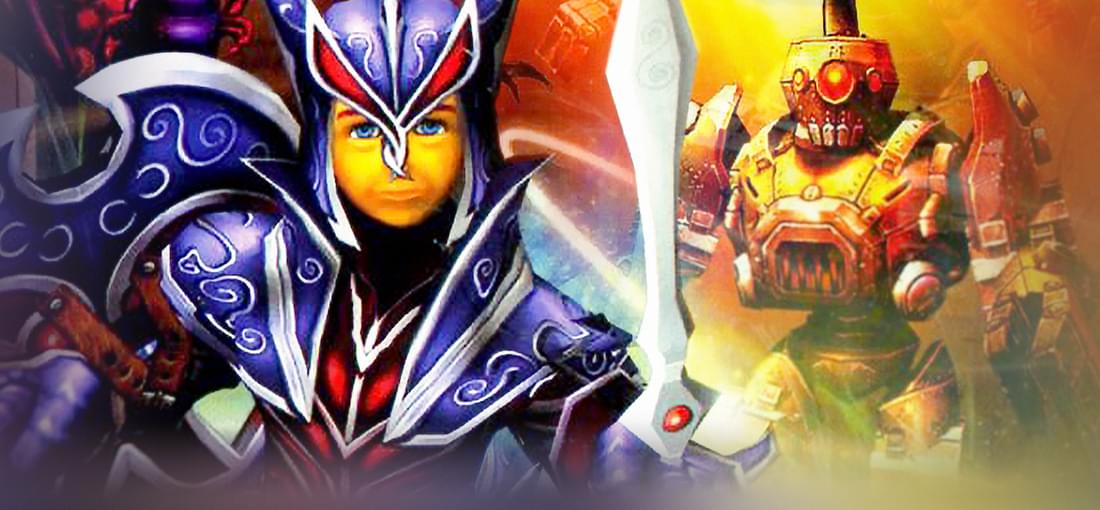
FATE: The Traitor Soul (TS) is best summarised as: "Yo Dawg, I herd you like FATE, so I put an FATE in your FATE so you can deep delve while you deep delve." The title of this review is not hyperbole: TS contains the two realms in FATE: Undiscovered Realms (UR), but with improvements to NPC voice lines (they may actually say something now, instead of coughing or clearing their throat) on top of improvements to the overall game formula, such as a complete removal of the level cap (it was 199 in UR), the ability to use two weapon setups on the fly, and the addition of the species system that gives your character some starting handicaps based on which species you decide to play as. By now, many players of the WildTangent or Steam release should be aware that Grove, the realm in the first FATE, is locked behind an integer in its realms.dat file. In this GOG.com release, however, Grove is already unlocked, so fiddling with that file in a text editor is a thing of the past. All of the above is this game's supplementary content. TS adds a new, fourth dungeon, called the Chamber of Trials, whose monster levels will always scale with your character's (as opposed to the dungeons in Grove, Druantia, and Typhon, where monster levels stop scaling once your character reaches a high enough level), so you just can't cheese it through level grinding - you need to master the mechanics of the game to do more than just survive, especially on Legend difficulty. TS also retains the same QoL improvement seen in the GOG.com release of the other FATE games - common widescreen resolutions are immediately selectable from the Options menu, so you don't need to fiddle with config.dat. If you must choose only one of the FATE games to buy, it's a toss-up between this and The Cursed King. The latter takes place in a different realm and features its own spread of dungeons along with minor improvements over TS, although only one dungeon is available at the start.
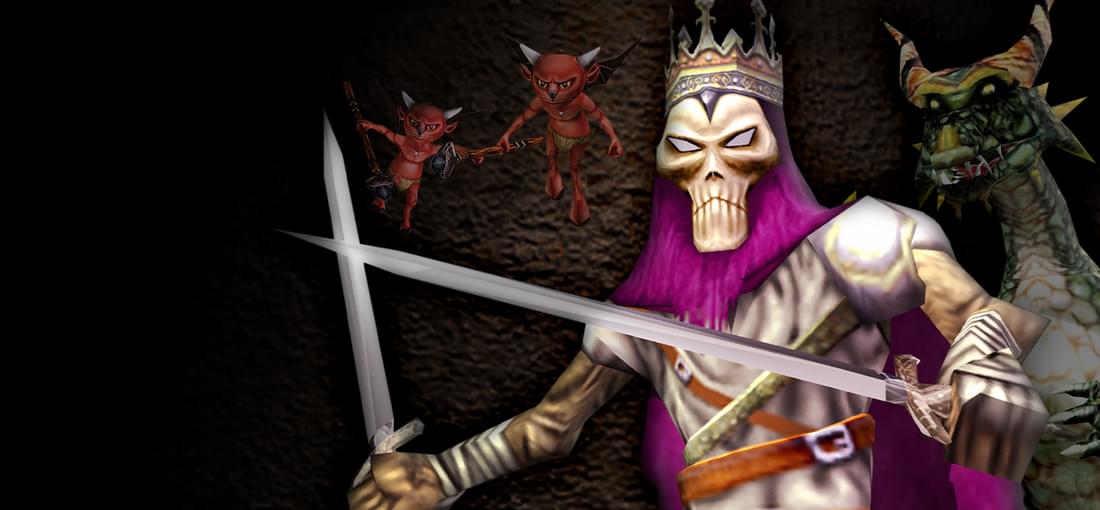
FATE is one of the most well-known Diablo clones released in the 2000s and changed up the ARPG formula with such mechanics as a cat/dog that helped you to carry equipment, a hybrid skill upgrade system that allowed you to combine the stats of a magician with the skills of a swordfighter, and a prestige system where you could replay the game as a "descendent" of your original character once you have completed the overarching quest of slaying a boss at level 40-50 of the dungeon. It was also known for having an interesting fishing mechanic. Getting a fishing rod allowed you to fish at bodies of water/lava below a cloud of fireflies, which could yield fish that transforms your pet into a more powerful creature, such as a unicorn, or contained an "artifact" equipment with interesting properties and stats that could also be sold for an impressive sum of gold. This presented an alternative and safe way to stock up on gold beyond venturing deeper into the dungeon. The main developer of FATE would subsequently go on to develop Torchlight (after making three sequels to this game), so the similarities between the two ARPGs is not a coincidence. Having played the GOG version of FATE for about an hour, the gameplay experience feels exactly like how I've always remembered it, with the added benefit that common widescreen resolutions are now immediately selectable from the Options menu - no more fiddling with a config file! This comes with the downside of the UI being stretched out since the game was developed in an era where most PC monitors still had a 4:3 aspect ratio. If you've played FATE back in the mid-2000s and loved the gameplay, playing this will take you back, except that you'll probably be enjoying a much smoother gameplay experience since technology really has improved over the past 16 years.
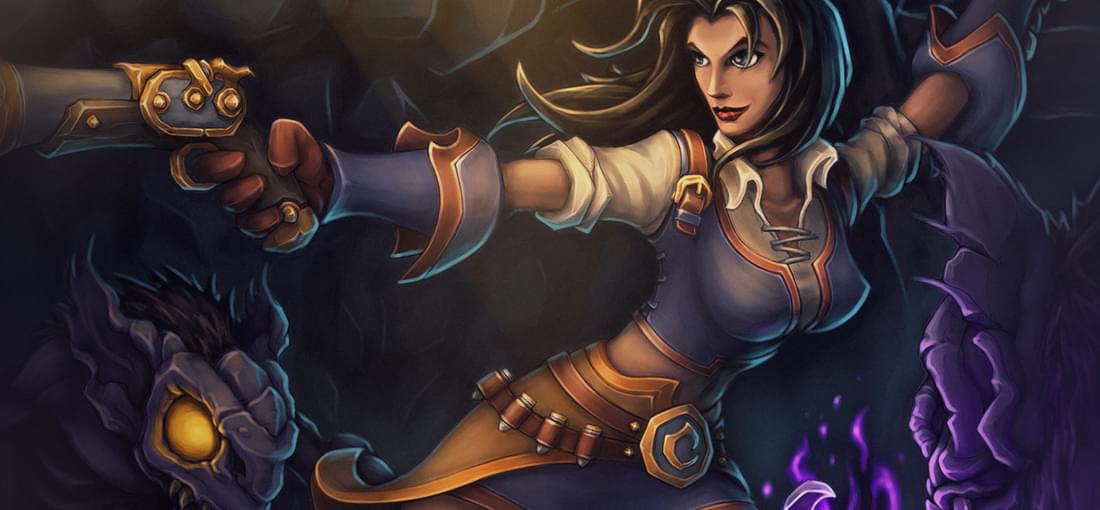
Having played both Torchlight and Torchlight II, I find myself drawn back to the former due to its rougher, grittier feel as well as its simplicity. It also has a very extensive mod collection - one that doesn't require a Steam account to access - that enhances its playability and fixes some gripes with the base game. On the whole, Torchlight feels like a highly polished spiritual successor to WildTangent's FATE series, and I would personally recommend giving it a good look even though it is neither the largest nor most groundbreaking ARPG out there. This is the game you want if you're looking for something small and simple but complete.
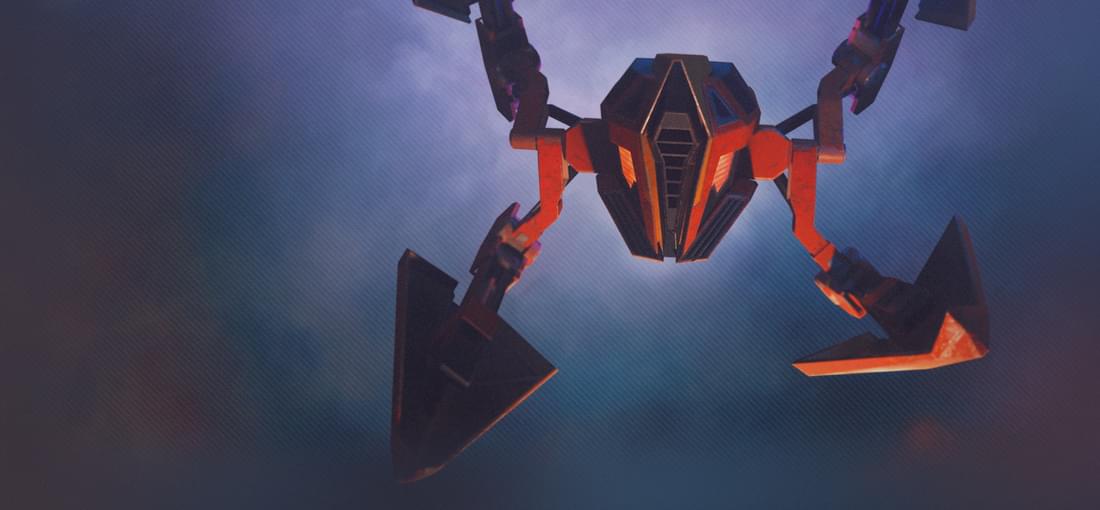
The Overload Playable Teaser was first released during the game's Kickstarter campaign and gave the world its first look at the spiritual successor to Descent. It arguably gave Revival Productions the funding it needed to finish development of the final game. The Playable Teaser has since been updated in line with the released product, so if you want to have an idea of what 6DOF looks and feels like in the modern world, give this freebie a try, and if you DO love what you get in this freebie, consider buying Overload.
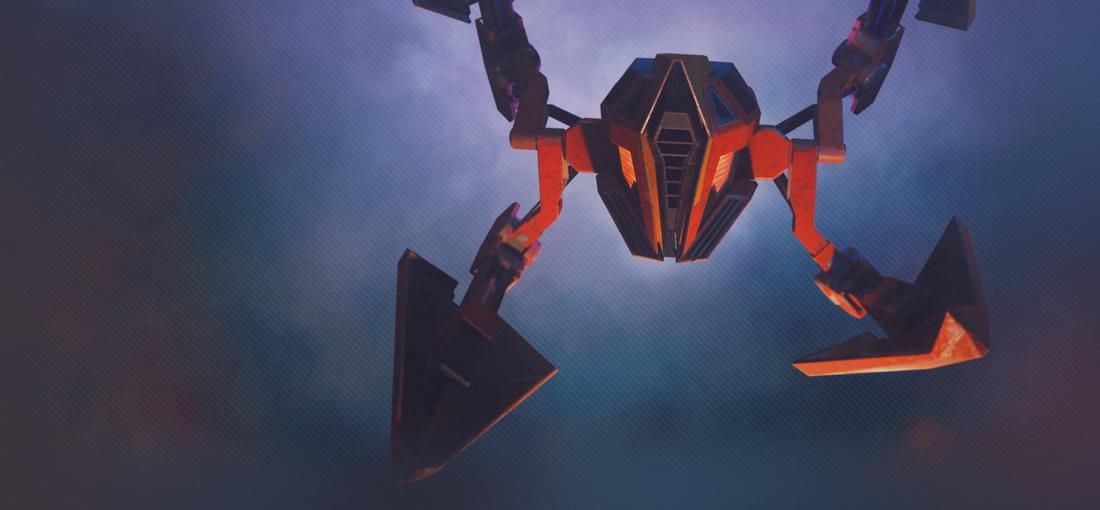
If you've played any instalment of Descent - including Descent 3 - there are things you will find very familiar in Overload, as it seems to mash up the best parts of all three games. You've got a plot similar to the one from the first game (which, as a bonus, is written by the same guy who wrote the plot for FreeSpace), the secrets from the second, and the huge levels from the third. If you've got a powerful rig, you'll love the incredible explosions that happen when you blow things up; people like me with an OEM PC will get along just fine on the lowest graphics settings. I should probably draw extra attention to the "secrets from the second". At its core, Descent was an action game, but Descent II's single-player levels had hidden areas that could be accessed after solving some kind of puzzle, which gives you early access to end-game weapons as well as secret levels. There is no shortage of secrets in Overload's single-player campaign - just in the first level alone, there are 15 hidden areas! Overload subtly hints at the ability to play the game your way. The most obvious hint is the upgrade system in the single-player campaign, which allows you to tailor your gunship's properties and the weapons you've acquired to suit your playstyle. However, a more universal feature lies in Overload's expansive set of options. You can tweak everything from standard things like FOV and HUD detail to highly specialised things like how quickly the ship spins depending on how fast you yank your controller. I've personally spent a substantial amount of time fiddling around with the controls to see which mixture is the one I'm most comfortable with. If you find the single-player campaign too boring, get on multiplayer. Cross-platform support and a community comprising stalwarts in the Descent community means that you'll be squaring off against some of the first and best 6DOF players in the world. Overload is THE NEW definitive 6DOF shooter and is matchless in its concept.
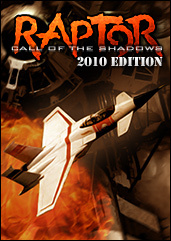
The MS-DOS version is still the original, superior version of this game for 2 reasons: - You could move at full speed using keyboard controls, and you can fly to the extreme right side of the screen using a mouse - If you preferred OPL3 to MIDI music, you can change it at will using SETUP.EXE As of 2017, there have been 3 Windows ports of the game, and all of them have the same underlying issue: - You can only move at half-speed using the keyboard - You cannot fly to the extreme right side of the screen using the mouse The 2010 Edition is the second-newest port of Raptor, coming after Mountain King Studios' own port of the game, released in 1999, and before the Steam-only 2015 Edition. As I don't use Steam myself, I can only compare this to MKS' port. What DotEmu has done, which I actually consider an improvement over the MKS port, is to put the game's music as separate low-quality MP3 files. This actually allows you to replace the music in the game with your own, such as higher-quality YouTube recordings of the OPL3 music, and is a plus in my opinion. There are also a bunch of video filters that make the game look less pixelated. ....Aaaand that's it. Apart from those two features, this is essentially the same as the MKS port. If you don't mind setting up the MS-DOS version via DOSBox.conf, and if you don't want to fly a crippled ship, I strongly recommend avoiding this port and buying the original game from 3D Realms - yes, they still sell it - or the so-called "1994 Classic Edition" on Steam. If you're not too concerned with trying to fully replicate the game's feel as it was when Apogee Software first released it in 1994, this port, or the 2015 Edition, will suffice. Here's something else to think about: DotEmu gets a considerable amount of flak for seemingly doing a terrible port, but they are partially mis-blamed for this. The control issues existed ever since the MKS port, so the blame for the poor controls lies with the game's own creators, not DotEmu.